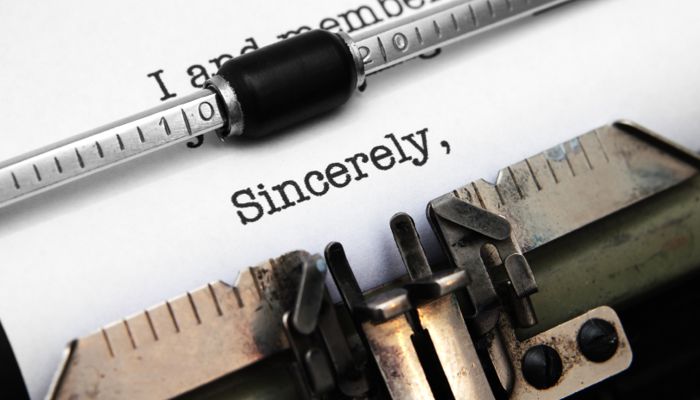Next Steps After Losing Your Job

Getting fired is one of the most intense experiences of adult life.

Whether you saw it coming or you feel blindsided, you need to stay composed and quickly focus on your next steps to recover from the blow and get back on track.
Here are 9 things to do immediately after being fired.
Stay Calm
You may be devastated or you may be somewhat relieved. Either way, try to keep your emotions in check when you get the news. Remember, this is not the end of the world. In fact, it’s actually a new beginning for you. Even Steve Jobs was fired– and that was from Apple, the company he co-founded! He went on to other successes before ultimately returning to lead Apple to new heights.
Take the High Road
It might be satisfying to tell your boss what you really think of him and the entire company, but don’t say or do anything you will later regret. Your professional reputation may be fragile at this time, so do what you can to preserve it. Avoid posting anything negative on social media; it will only hurt you, not your former employer.
Formulate Your Story
You aren’t the first person to be fired and you won’t be the last. Develop your narrative for describing the situation to family, friends and your next job interviewer. Be honest, but also be sure to avoid assigning blame or putting a negative spin on events. Something as simple as “the company wanted to go in a different direction” can sufficiently explain your departure.
Get Your Financial Act Together
Situations like this are the reason emergency funds were invented. Hopefully, you have one. If not, look at your budget and identify places to cut back. You don’t know how long you will be out of work, so this is a time to be very careful with finances. If you were lucky enough to get a severance, that will help. Look into filing for unemployment benefits. You may also have unused vacation days or personal time off accrued that your employer should reimburse.
Reflect
Take some time to process what happened. Identify the lessons you need to take away from this experience. Even if you feel like a victim, try to objectively think of what you contributed to the situation and what you might do differently next time. Determine what the ideal job would look like.
Get Your Job Search in Gear
Update your resume and get your references lined up. Reach out to contacts and let them know you are on the market. Practice what you will say in an interview when you are asked why you left your previous job. You don’t need to verbally dance around the fact that you were fired, but think in advance about how you will explain this to interviewers.
Take Advantage of Insurance
Your insurance benefits will likely continue for at least a short while, so schedule any checkups or dental appointments that you – or family members who are on your plan– are due for. Then look into options to keep your coverage going during this transition period. A short-term health insurance policy may be a good option.
Maintain Contacts
Be sure to stay in touch with coworkers. They should remain part of your professional network. If you have an opportunity to say goodbye to key colleagues before leaving, do so. If not, follow up with them soon to maintain your connection.
Don’t Let This Define You
One bad boss or negative work experience does not reflect who you really are or what you are capable of. Set your intention to find a job where you are appreciated and your skills contribute to the success of the company. There’s a better fit for you out there.
For more of Diane’s etiquette tips, you may enjoy How to Change Jobs Without Burning Bridges. Read her posts on Inc., and HuffPost, “like” The Protocol School of Texas on Facebook, and follow her on Pinterest, Instagram and Twitter. Diane’s latest book, Modern Etiquette for a Better Life is available on Amazon.




